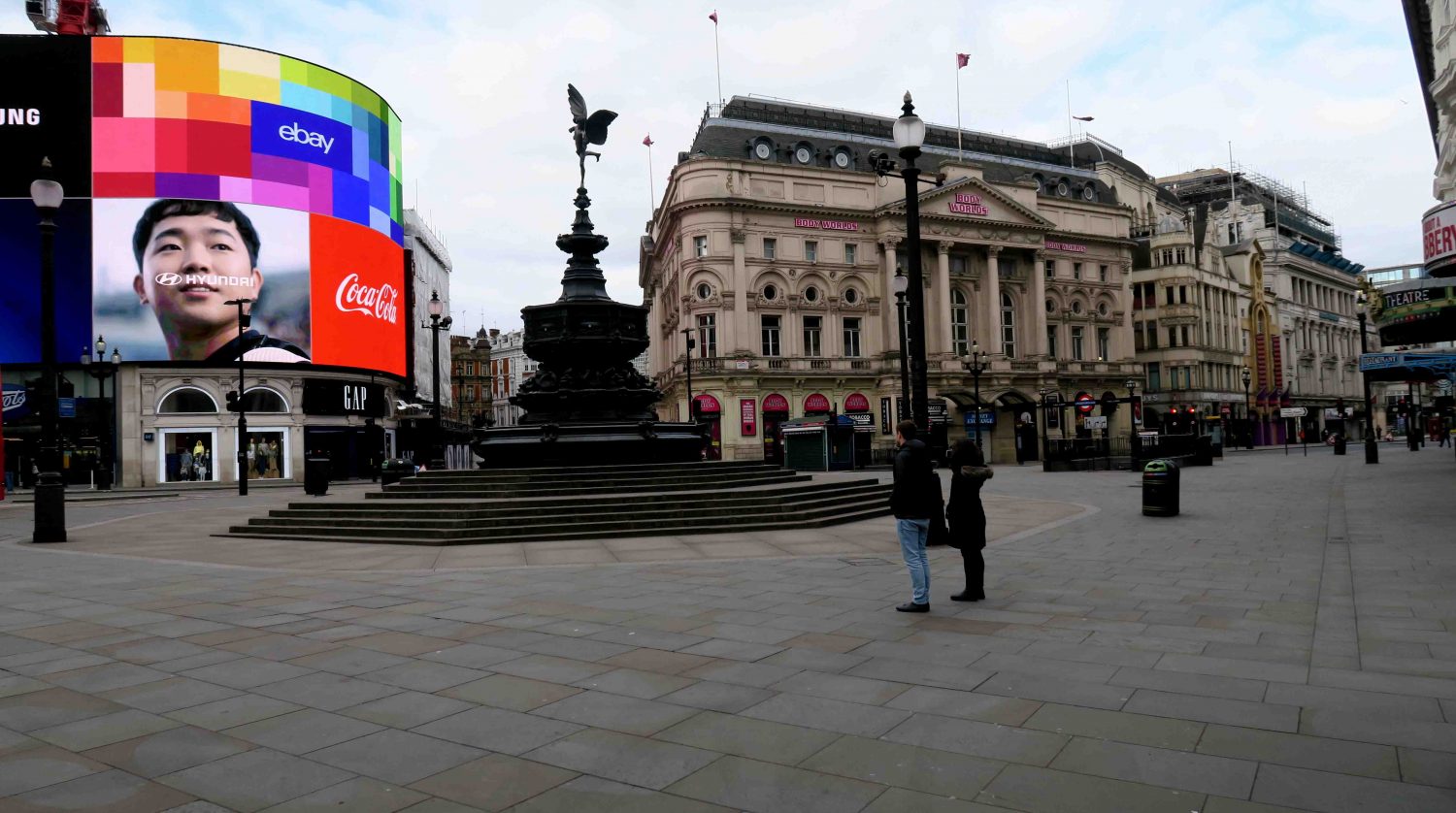Metropolitan Tourism in the Wake of Covid-19:
Business as usual or new business model?

Piccadilly Circus, 2020. (Kwh1050)
What effects will the Covid-19 pandemic have on who and how city tourism is offered and experienced?
References
Ateljevic, I. (2020): Transforming the (tourism) world for good and (re)generating the potential ‘new normal’, Tourism Geographies (in press)
Olsson, P., and Galaz, V. (2012). Social-ecological innovation and transformation. In Nicholls, A and Murdock, A. (eds.), Social innovation, London: Palgrave Macmillan, (pp. 223-247)
Tourism plays a key role in the sustainable development of cities, and urban policy has wide-reaching impacts on the development of tourism. Currently, the long-term impacts of the Covid-19 pandemic on city tourism are still unknown, but many academics, activists and stakeholders are hoping not to return to the normal that existed before Covid-19 but rather ‘provide a vision of how the world can or is evolving into something different’ (Ateljevic, 2020: 2) or, in the words of EU Commissioner Thierry Breton, ‘start designing the (…) tourism of tomorrow’. Any crisis, although an inherently negative experience, also affords opportunities and can be used ‘to stimulate experimentation, innovation, novelty, and learning within society’ (Olsson and Galazz., 2012: 235). It seems therefore of paramount importance to not only look at the immediate impacts of the Covid-19 pandemic on tourism but also to investigate the stakeholder responses it provoked and to explore whether creative solutions are sought to not just bounce back, but bounce forward and steer tourism towards a more resilient and sustainable path.
This research, conducted by a team of researchers at the University of Westminster in collaboration with the Panthéon-Sorbonne’s Institute for Research and High Studies on Tourism, will explore what policy actions and plans affecting tourism in London and Paris have been put in place to respond to the crisis and investigate what objectives these plans intend to achieve. It will also look at the role of grassroot actors, such as community groups and industry organisations, in informing such actions. It will explore how policy actions, such as mobility restrictions, have affected the ways residents experience and consume their own city, and whether this has led to new ways of experiencing and exploring the city. Are measures primarily driven by a desire to ‘bounce back’, i.e. get tourism back on its feet or are solutions sought to ‘bounce forward’ and steer tourism on a more resilient and sustainable path? Have the restrictions brought about by the pandemic encouraged forms of New Urban Tourism? And what opportunities do creativity and innovation at grassroots level in the two cities present for the ‘reinvention’ of tourism policy?
The objectives of this research are achieved using a combination of qualitative methods: a Delphi study involving three rounds of discussions with two panels of experts and stakeholders in the two cities (11 in Paris and 9 in London); individual interviews with key stakeholders, and qualitative analysis of policy and media documents. The application of these findings will be used to address issues related to urban tourism’s sustainability, framed by debates about overtourism and the resulting deterioration of local resident well-being. Knowledge sharing and mutual learning between the two cities will be fostered as a result.
This project is funded by the University of Westminster’s Sustainable Cities and the Urban Environment Research Community.